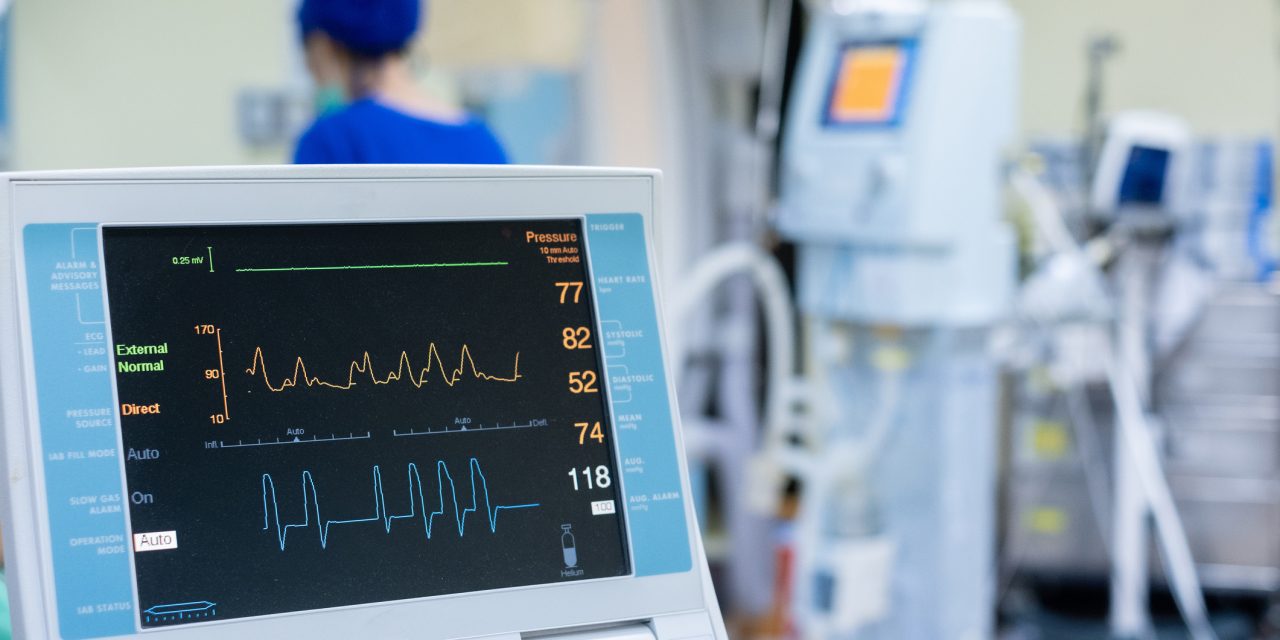The impact of continuing parenteral nutrition (PN) in patients who develop blood stream infections (BSI) while receiving PN is largely unknown. Adult patients admitted to a large academic center over three consecutive years and seven months who had a positive blood culture while receiving PN were included in the study. The cohort was divided into those who had PN continued (PN-c) or discontinued (PN-dc) after the positive culture. We evaluated the effect of continuing PN on clinical outcomes by comparing a composite outcome of recurrent BSI, severe sepsis/septic shock, and death within 30 days between the two groups using a propensity score-weighting regression analysis. Of 154 patients included in the study, approximately 70% of whom were surgical patients, 65 (42%) had PN discontinued whereas 89 (58%) had PN continued. Cohort characteristics were similar between the two groups including the Pitt bacteremia score and source control. There were more cases of candidemia (18% vs 6%, p = 0.03) and more cases of intra-abdominal infections (IAI; 42% vs 25%, p = 0.02) in the PN-c group compared with the PN-dc group. The most common sites of infection were endovascular and IAI in both groups. The median duration of bacteremia for both groups was one day. After applying propensity score weighting, the composite outcome of recurrent BSI, severe sepsis/septic shock, and death within 30 days was similar between the PN-dc and PN-c groups (43% and 49%, respectively; p = 0.61). Continuing PN in patients with bacteremia or candidemia was not associated with worse clinical outcomes.
Impact of Continuation of Parenteral Nutrition on Outcomes of Patients with Blood Stream Infections.


